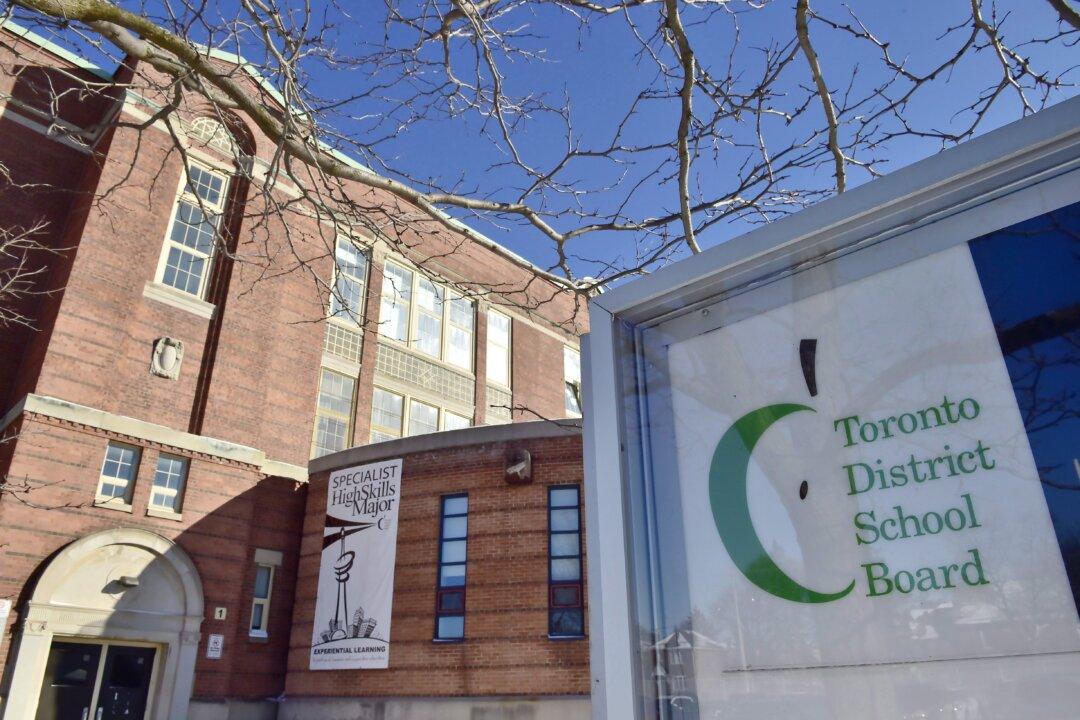A Toronto School Board committee has voted down a motion that would prohibit political activism in the classroom.
The motion was brought forward by Toronto District School Board (TDSB) trustees Weidong Pei and Dennis Hastings during the May 29 meeting of the governance and policy committee.





